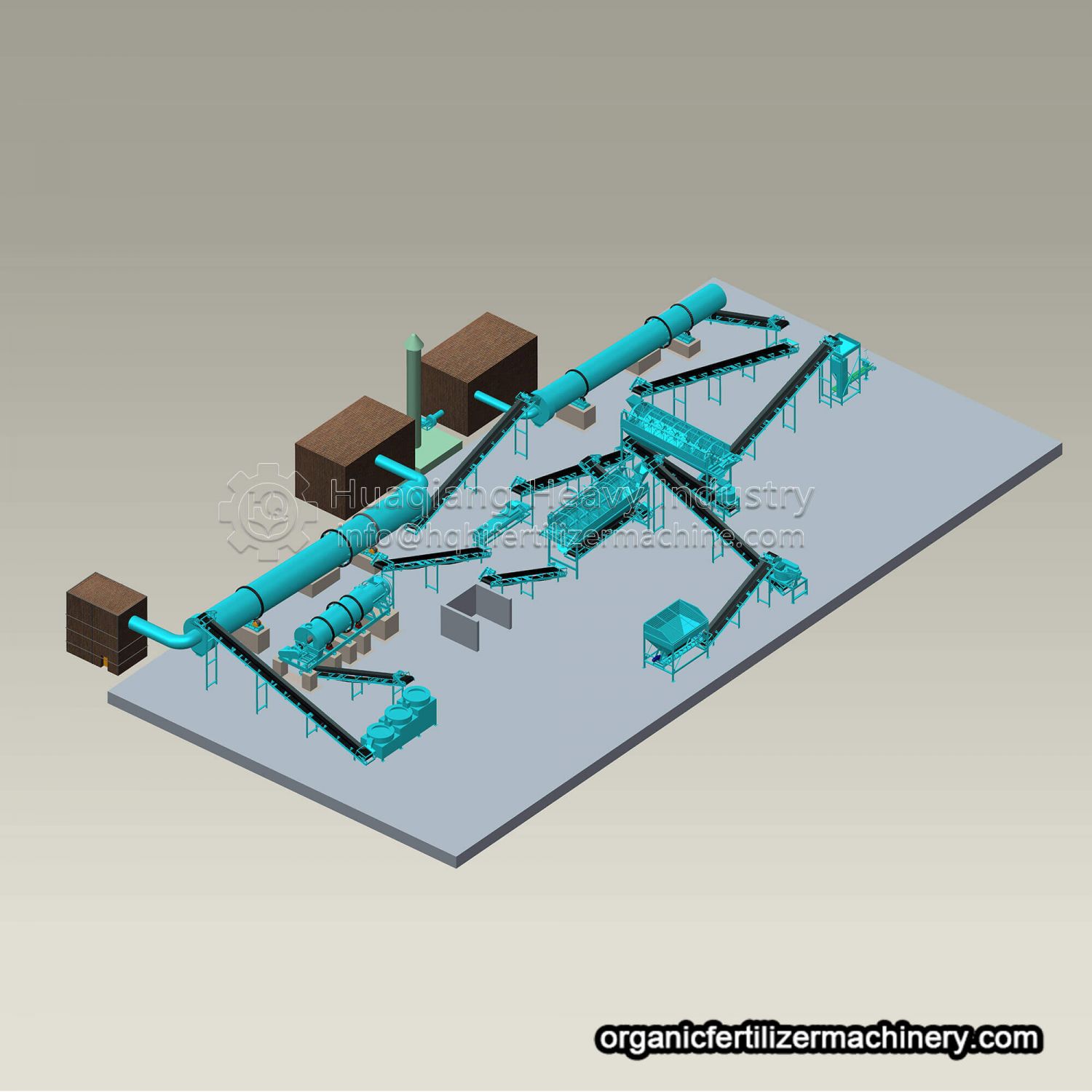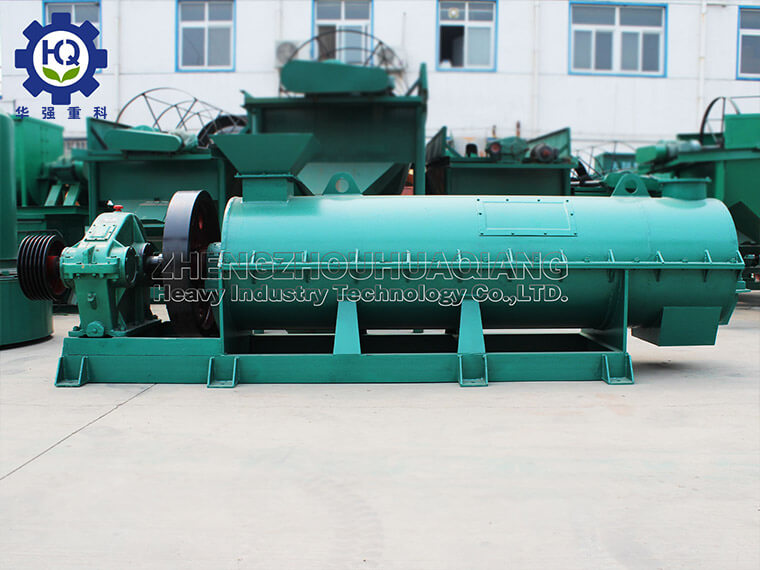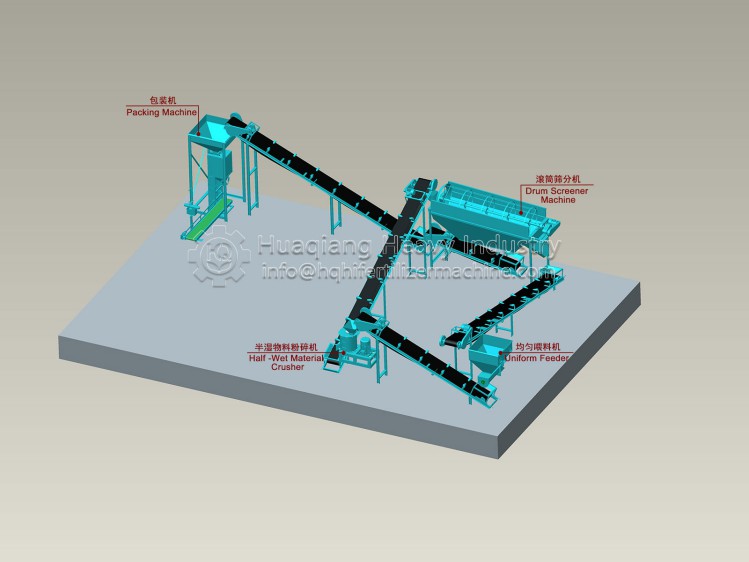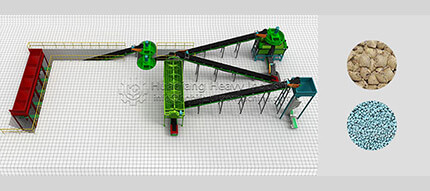Organic fertilizer is an important measure to improve crop quality and maintain nutritional flavor. Organic fertilizer has comprehensive nutrients and contains nutrients that chemical fertilizer does not have. Applying it together with chemical fertilizer can improve product quality. After the decomposition of organic fertilizer, the active substances required for decomposition, transformation and synthesis of crops under the action of microorganisms can not be replaced by any chemical fertilizer. They can be directly absorbed and utilized by plants to reduce chemical pollution and inhibit the content of harmful substances. The plant fruits using organic fertilizer have small water content, which can maintain the original nutritional flavor of crops and improve product quality. Therefore, organic fertilizer can promote the growth of crops and improve product quality, It is an important nutrient source for crops.

The test results of chicken manure organic fertilizer equipment manufacturers show that long-term application of organic fertilizer can not only significantly improve soil microbial biomass, diversity and soil enzyme activity, but also make the distribution of soil microbial community consistent with that of chemical fertilizer. The richness of beneficial bacteria in plants, such as Pseudomonas, bacillus, pseudobacillus, etc. The number of acidophiles in the environment increased, but the number of acidophiles in the environment decreased significantly. This is the fundamental reason for long-term application of organic fertilizer to inhibit soil acidification.
Household organic fertilizer processing equipment actually refers to a production line with relatively small annual productivity and low technological requirements. Simple organic fertilizer production line equipment only needs fermentation Tipper and crusher. The finished product is powdered organic fertilizer. If the fermentation site conditions are limited, the organic fertilizer fermentation tank can also be selected. If the site conditions are OK, the fermentation tank is not required, and an investment of 30000-50000 yuan is enough.








